Chronic headaches such as migraines and tension headaches are a major public health concern which can drastically lower one’s quality of life. A common treatment of this disease is mainly medication that relieves pain in the short-term. As a natural pain reliever, CBD shows promise in replacing this medication, though research is lacking.
Due to federal laws banning the use of cannabis for any purpose — medicinal or otherwise — there is little research regarding the efficacy of CBD oil for migraine attacks. However, what data does exist from preliminary and anecdotal studies warrants further and properly designed clinical trials. Though past studies of cannabis for pain have shown promising results, researchers still need to determine its short- and long-term efficacy for headaches, potential risks and compatibility with existing treatments.
Chronic and cluster headaches such as migraines and tension headaches are a major public health concern, costing the nation approximately $14 billion each year. Every year, an estimated 47% of the population experiences some type of headache, 3% of which cite daily headaches, 10% migraines and 38% tension headaches. Tension and migraine headaches can drastically decrease one’s quality of life and even be debilitating, yet treatment measures have remained relatively unchanged since the 20th century.
Traditional treatment of headaches and other chronic pain conditions typically entail the use of over-the-counter, non-steroidal, anti-inflammatory medications. Though these medications relieve pain in the short-term, they do not provide a long-term solution. Moreover, when taken in high doses and for an extended period of time, they can cause serious and even life-threatening health problems.
CBD is a natural pain reliever, and before its illegalization in 1937, it was largely prescribed by physicians to treat headache disorders. Since then, research on CDB for neuropathic pain has been largely discontinued, but it hasn’t ceased entirely. That said, though limited, recent data shows that in doses of 200 mg, cannabis can reduce head pain between 43.5% and 55%. What’s more amazing is that findings show that marijuana reduces the frequency of migraine headaches by as much as 40.4%. Though the studies were small, the results are promising.
A final finding worth noting pertains to the role of the endocannabinoid system when it comes to pain relief. Cannabinoids attach directly to the cannabinoid receptors in the body and therefore help the endocannabinoid system function at its highest capacity. The interaction helps with the regulation of certain processes, including those that control inflammation and pain tolerance.
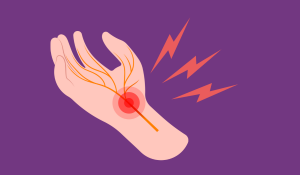
1. Understanding Neuropathic Pain Neuropathic pain results from nerve damage or dysfunction, causing symptoms like burning, tingling, or sharp shooting pains. Common Causes: Symptoms Include:...
Read More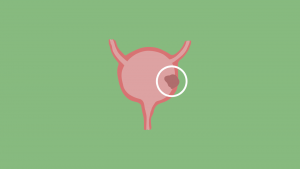
Types of Bladder Diseases Bladder disease, from simple urinary tract infections to interstitial cystitis to bladder cancer, generally affects women more often than men. Women...
Read More
What Causes Libido Pain? Though low libido can occur for any number of personal and physical reasons, it is most often the result of one...
Read More
Cannabidiol, commonly known as CBD, is a chemical found in the cannabis plant and has been recognized as a natural pain management option for people...
Read More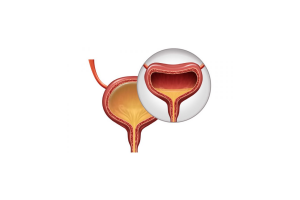
What Causes Bladder Disease? Of the types of bladder diseases out there, cystitis is the one that affects millions of people at least once. This...
Read More
CBD Oil Benefits CBD oil may help reduce heart rate and blood pressure, which are two common health complaints associated with heart function. If you’re...
Read More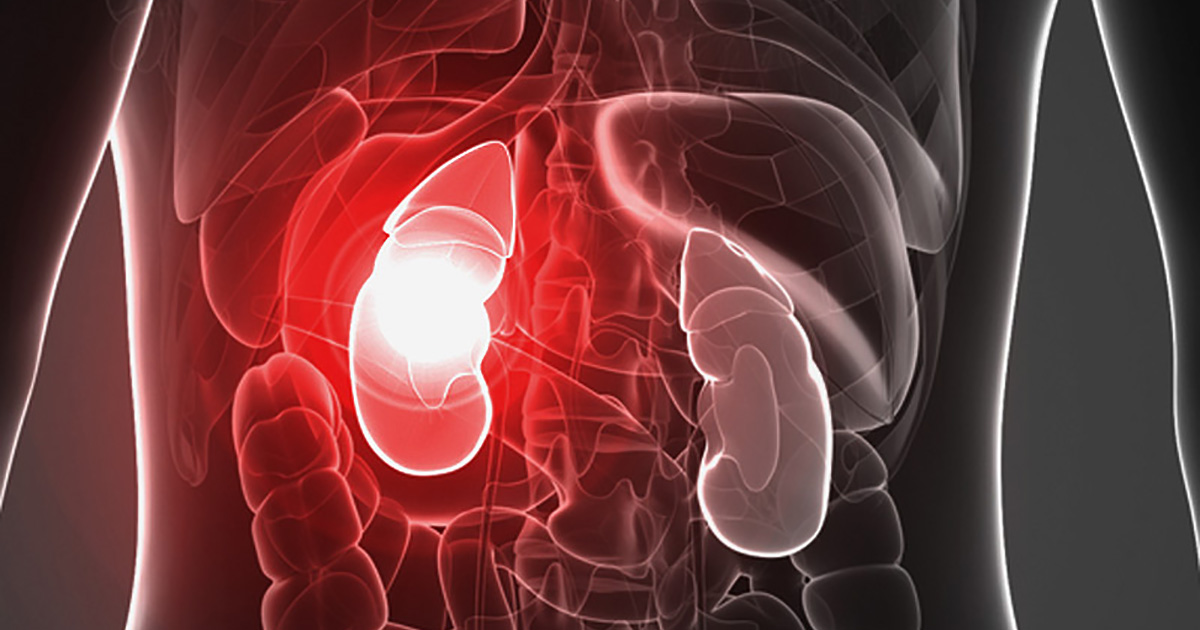
What Causes Kidney Failure? Several health conditions can lead to chronic kidney disease and, eventually, failure. These conditions damage the kidneys, reducing their ability to...
Read More
How Is CBD Different from Other Stomach Pain Conditions? You may remember having stomachaches as a child. These pains can be caused by indigestion, a...
Read More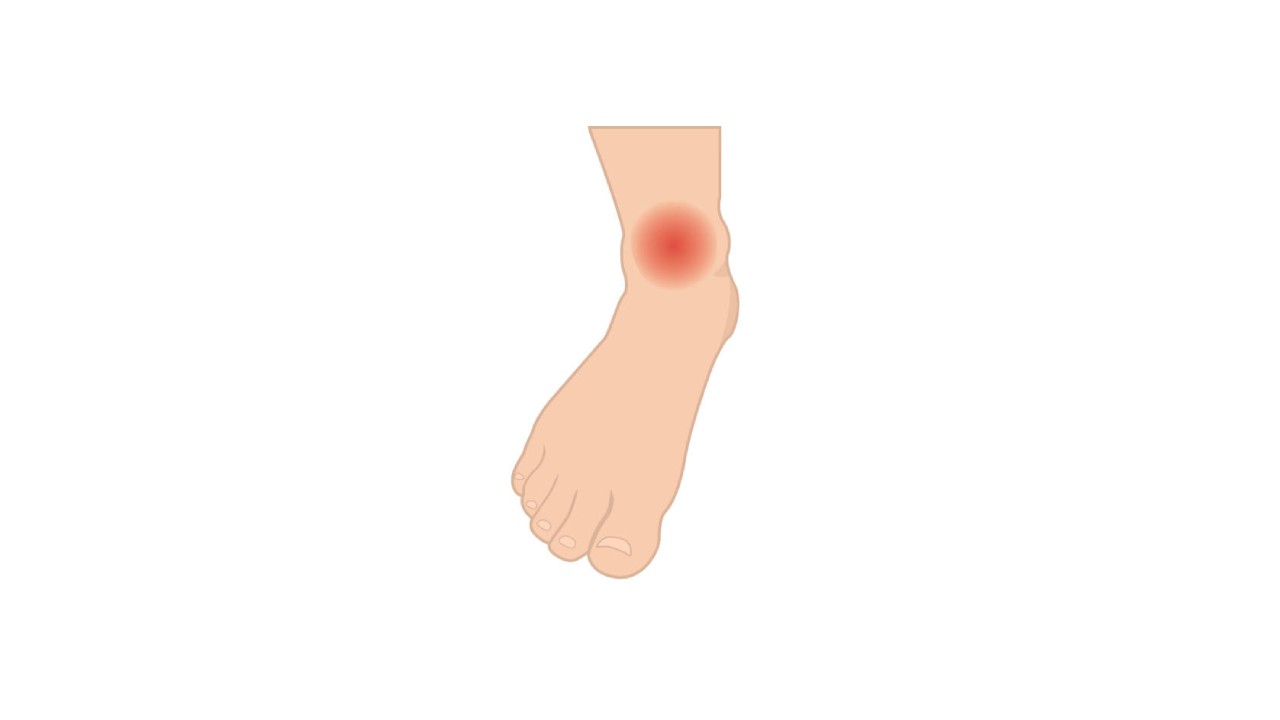
Arthritis can come in many forms and affect many joints, but the ankle joint is a prime target for conditions like rheumatoid arthritis. RA, specifically,...
Read More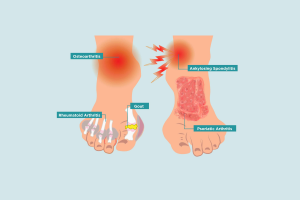
What Causes Different Types of Foot Pain? Human feet are incredibly intricate: Each foot contains 26 bones that are connected by a web of muscles,...
Read More